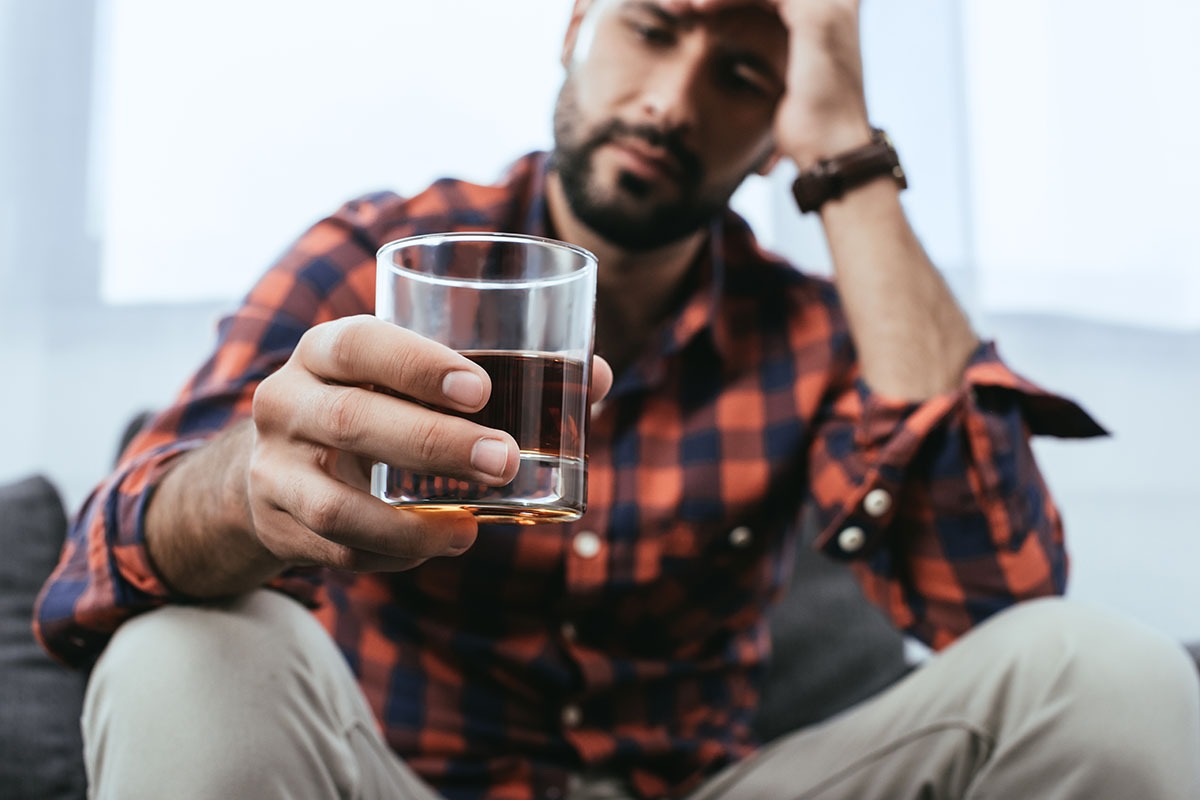You wouldn’t think that alcohol and exercise go together, but the truth is, people who exercise more also tend to drink more. This may not seem like a problem. Wouldn’t exercise work off the alcohol? However, this combination can be a problem for many reasons, and there’s science behind it.
Whether you’re celebrating after completing a beer 5k or enjoying a glass of wine after a workout, there are some things you need to know before you mix alcohol and exercise. Westwind Recovery® is here to help.
How Alcohol Affects Exercise
If you drink immediately before or after exercising, your workout can be affected. It can put you at more risk of injury, lengthen your recovery time, and negate the benefits of exercising in the first place. Learn more about this connection and reach out for help with alcohol abuse from an alcohol addiction treatment center today.
Hydration
Dehydration is a side effect of both exercising and drinking, and hydration is critical. Adequately hydrating during exercise maintains the blood flow that oxygenates your muscles. It also keeps you from overheating. If you are dehydrated, your performance will suffer.
Heart Rate
Drinking alcohol has been shown to increase your risk of irregular heart rhythms. The risk increases with exercise and can last up to two days after drinking. This can put your heart under unnecessary stress.
Energy
Alcohol disrupts your sugar levels by requiring the liver to work overtime to remove the toxin. It can’t spend time doing one of its main jobs: producing glucose. This leads to low blood sugar, which can make you feel fatigued. Exercising requires your body to produce high levels of sugar for energy. When it can’t do this, the results are trouble with coordination, agility, concentration, and reaction times.
Performance
Because alcohol leads to depression of the central nervous system, your athletic performance suffers. You will have coordination issues, slower reaction times, and judgment and balance problems with impaired motor skills. It doesn’t take much, and these effects begin immediately.
Injury
Because your athletic performance is lowered, you’re also at greater risk of injury. You may experience falls, cramps, or injuries or push yourself too hard without realizing it. Alcohol also expands your blood vessels in the skin, so any damage may bleed or swell more and take longer to heal.
Hormones
Alcohol can disrupt sleep, which is when growth hormones used to build muscles is released. It also increases the stress hormone cortisol, which destroys the muscles you were building.
Weight Loss
If one of your goals of exercising is weight loss, drinking alcohol can counteract this process. Alcohol is a calorie-laden substance that is full of sugar, and it can easily translate to extra pounds.
Nutritional Deficiencies
Several nutritional issues can come up when you drink too much. Because nutrients fuel your workouts, being without them can impact your performance. Alcohol can make your body have trouble activating vitamin D, which helps develop and maintain muscle size. It can also affect how you metabolize vitamins B6 and B12, necessary for supporting your nervous system and enabling your body to use carbs as energy.
Help for Alcohol Abuse
The more you drink, the more alcohol will affect your ability to exercise and how your body recovers. This is why, even though exercise is recommended for stress and health and has some ability to counteract the effects of drinking in moderation, those who deal with an alcohol use disorder and need help from a drug and alcohol treatment center need to be especially careful.
If you have questions about alcohol and exercise or want to learn more about the recovery process, call Westwind Recovery at 855.340.8832. We would love to help you begin your road to recovery.

Dr. Deena is the Chief Clinical Officer of Westwind Recovery®, an award-winning outpatient treatment center in Los Angeles where she oversees the clinical and administrative program and treatment methods. Dr. Deena is a doctor of psychology and licensed clinical social worker since 1993. LCSW #20628. Originally from the East Coast, Dr. Deena has worked running treatment centers, worked as a therapist in psychiatric hospitals as well as school settings and currently has a thriving private practice in the LA area. Dr. Deena has appeared regularly on the Dr. Phil Show as an expert since 2003. She has also been featured on many other TV shows, podcasts and has contributed to written publications as well as podcasts.



